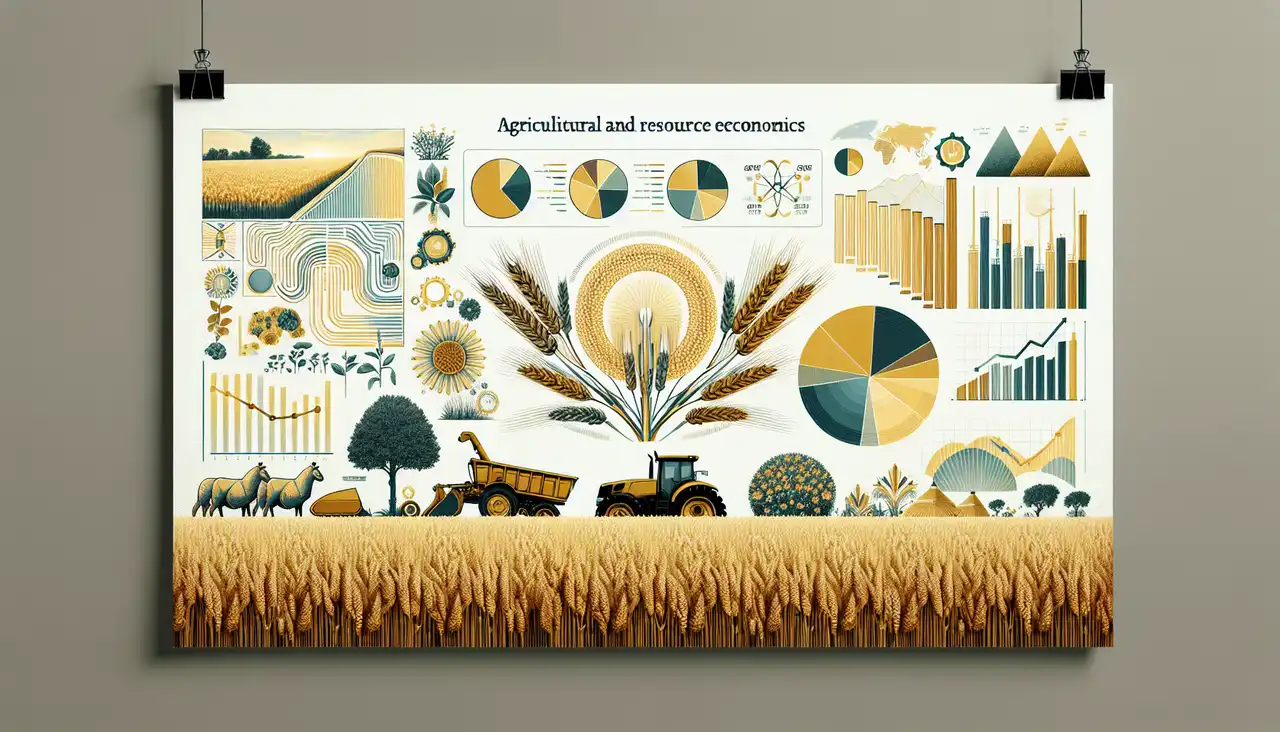

Endong Wang
Dr. Endong Wang's approach blends rigorous analysis with practical applications in the field of sustainable construction and resource management. As an Associate Professor in the Sustainable Resources Management department at the State University of New York College of Environmental Science and Forestry (SUNY ESF), Dr. Wang is dedicated to advancing the understanding and implementation of sustainable practices within the built environment. Dr. Wang's academic journey began with a Bachelor of Engineering in Structural Engineering from Nanjing University of Science & Technology. He further honed his expertise with a Master of Science in Construction & Real Estate from Southeast University. His pursuit of knowledge led him to the University of Nebraska, where he earned both a Master of Science and a Ph.D. in Construction Engineering. This diverse educational background provides him with a comprehensive understanding of both the theoretical and practical aspects of construction and resource management. His research interests are deeply rooted in the integration of technology and sustainability. Dr. Wang focuses on life cycle informatics in built environments, emphasizing the importance of understanding the entire lifecycle of construction projects to enhance sustainability. His work in uncertainty-based life cycle assessment aims to address the challenges posed by unpredictable variables in construction processes, ensuring more reliable and sustainable outcomes. In addition to his work on life cycle assessment, Dr. Wang is actively engaged in exploring the applications of machine learning within built environments. By leveraging big data, he seeks to drive decision-making processes that are informed, efficient, and sustainable. His research in stochastic modeling further complements this, as it provides a framework for understanding and managing the inherent uncertainties in construction projects. Dr. Wang's contributions to the field are not only theoretical but also practical, as he strives to bridge the gap between academic research and real-world applications. His work is instrumental in shaping the future of sustainable construction, making significant strides toward a more environmentally conscious and resource-efficient built environment.